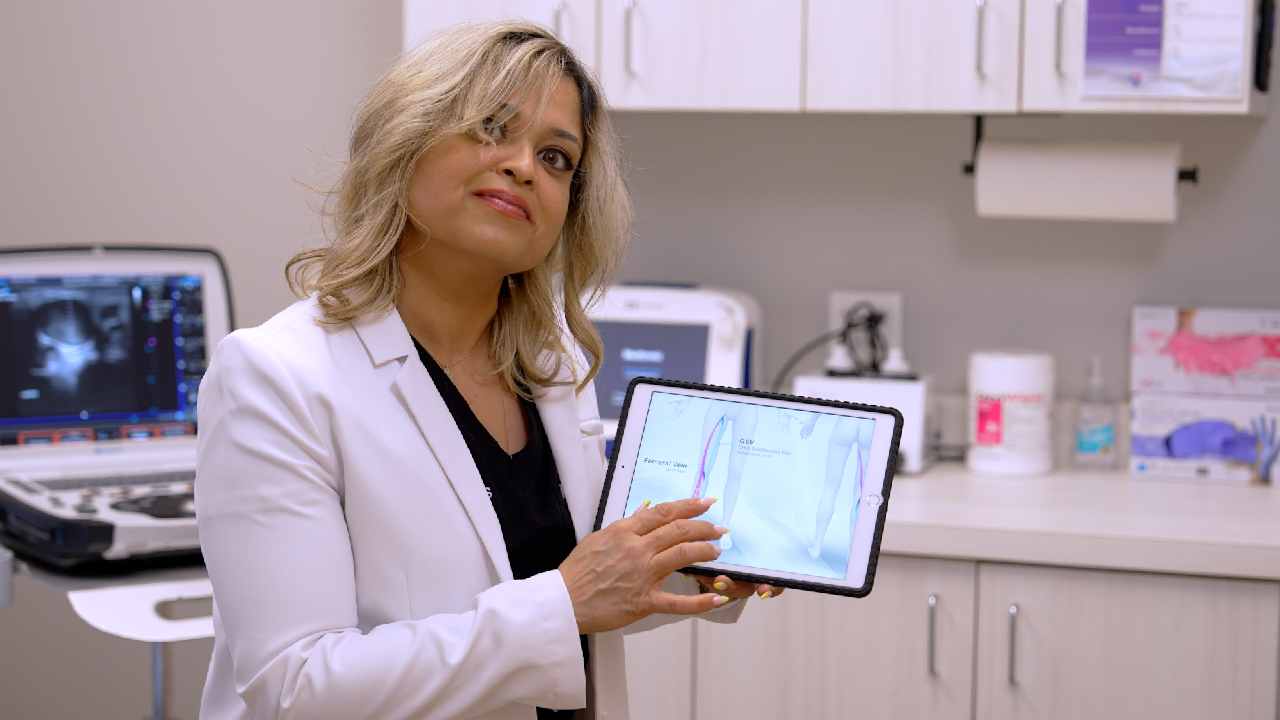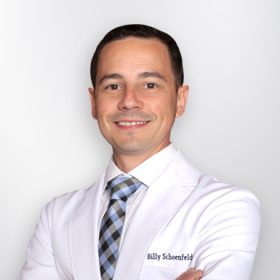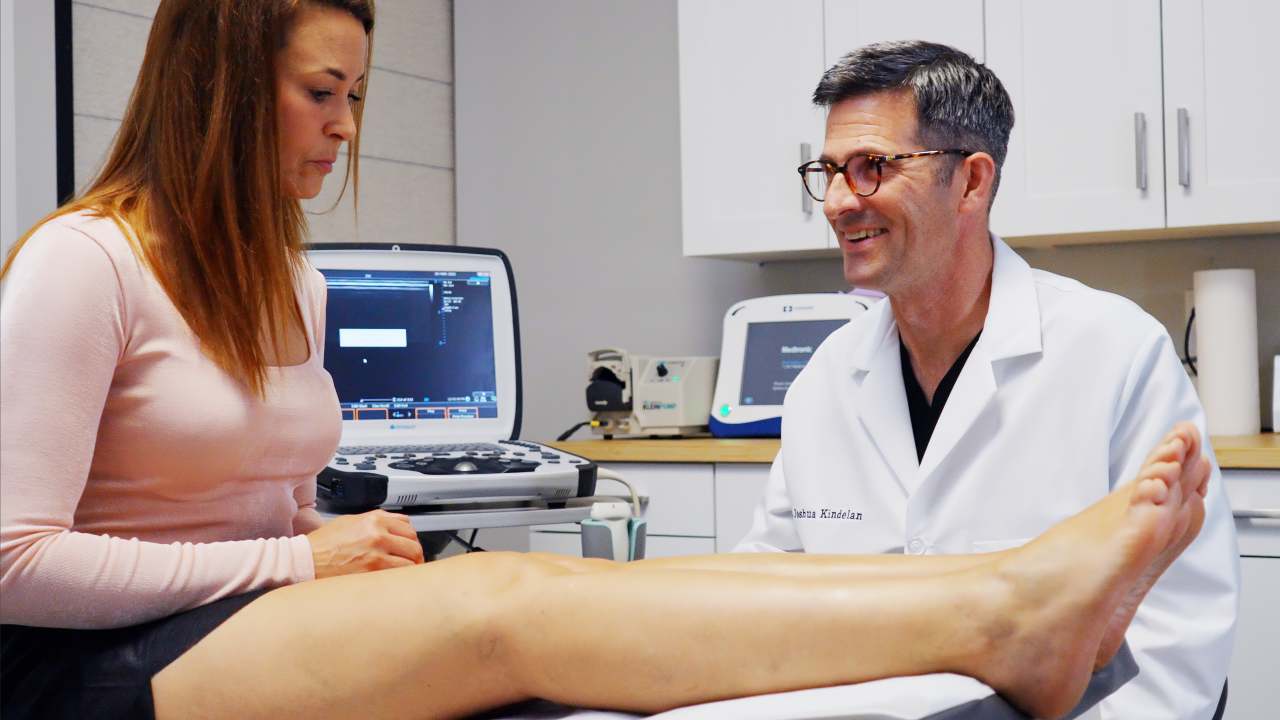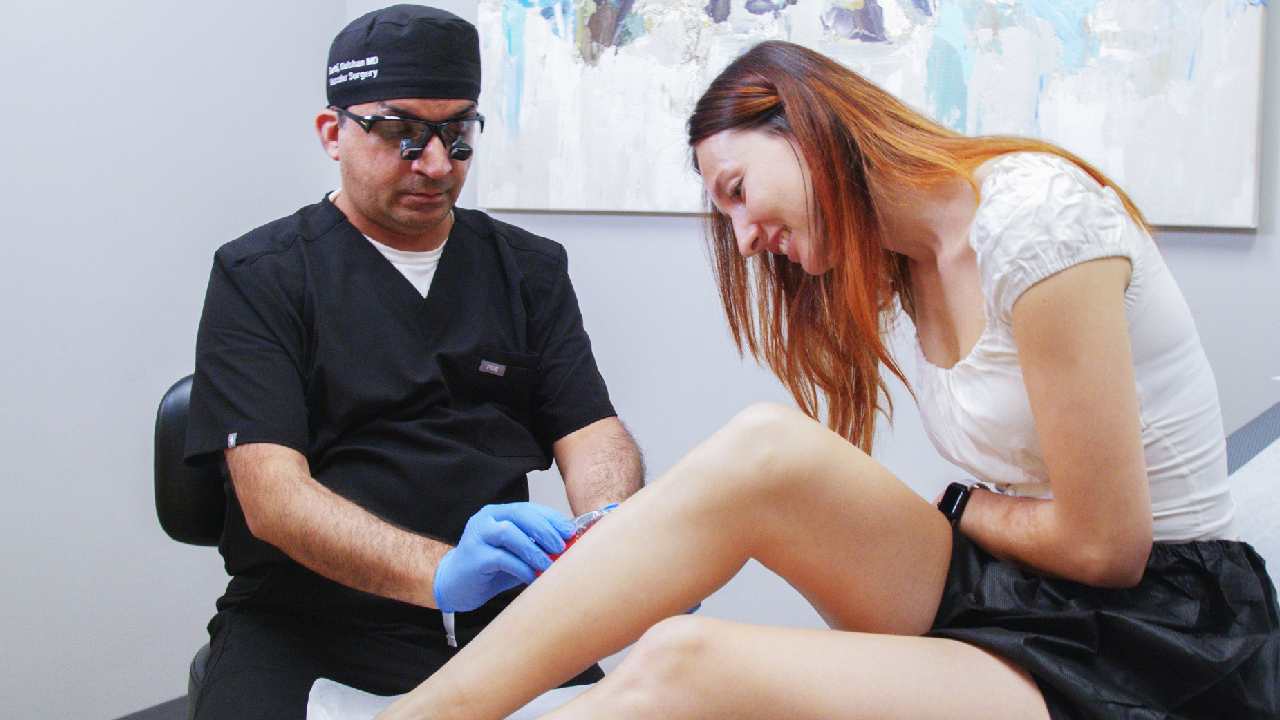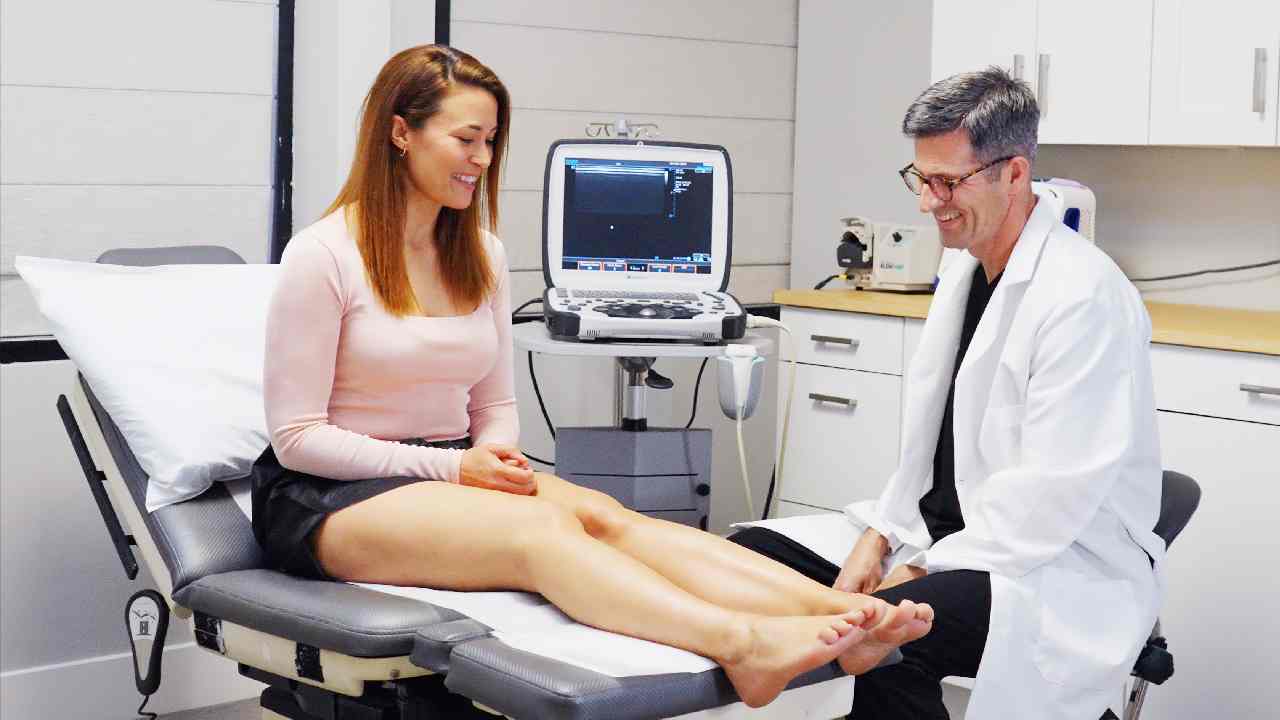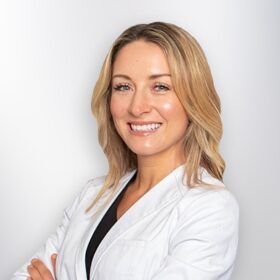
How a Vein Doctor in New Jersey Treats Varicose Veins?
For years, many people believed that varicose veins were an inevitable part of aging. However, modern medical advancements have made it possible to effectively treat varicose and spider veins, improving both health and appearance. If you’re experiencing discomfort or visible veins, visiting a vein doctor in New Jersey is the first step toward effective treatment.
What Causes Varicose Veins?
Several factors can contribute to the development of varicose veins, including:
-
Gender – Women are more prone to developing varicose veins than men.
-
Age – The risk increases significantly after the age of 50.
-
Weight – Excess weight adds pressure to veins, leading to damage.
-
Pregnancy – Increased blood volume and hormonal changes can weaken vein walls.
-
Clothing Choices – Tight clothing and high heels can impact circulation.
-
Prolonged Standing or Sitting – Jobs requiring long standing or sitting periods increase the risk of vein damage.
If left untreated, varicose veins can cause discomfort, swelling, and complications such as skin discoloration and leg ulcers.
Are you interested in getting more information about your condition or getting a treatment?
Fill the form below to start!
Diagnosis by a Vein Doctor in New Jersey
A vein doctor will perform a thorough examination to assess the severity of your condition. This includes:
-
Visual inspection to identify enlarged veins.
-
Lifestyle assessment to determine contributing factors.
-
Diagnostic imaging (such as ultrasound) to evaluate blood flow and vein health.
If your condition requires further intervention, your doctor may refer you to a vascular specialist.
Effective Varicose Vein Treatments in New Jersey
Vein specialists in New Jersey offer a variety of cutting-edge treatments to eliminate varicose and spider veins. Depending on the severity of your condition, your doctor may recommend one of the following:
1. Radiofrequency Ablation (RFA)
A minimally invasive procedure that uses radiofrequency energy to heat and close damaged veins. Blood is naturally rerouted through healthier veins, improving circulation. This quick procedure typically allows patients to resume normal activities on the same day.
2. Sclerotherapy
Sclerotherapy is a proven treatment for spider veins and smaller varicose veins. It involves injecting a medical solution into the vein, which causes it to collapse and fade over time.
3. Phlebectomy
A procedure used to remove larger varicose veins through tiny incisions. It is performed under local anesthesia and does not require stitches, resulting in minimal downtime.
4. Compression Therapy
Before undergoing more advanced procedures, your doctor may recommend wearing compression stockings for a period of time. This conservative approach helps support blood flow and may be required by insurance providers before approving other treatments.
Does Insurance cover Vein Treatment?
Insurance coverage for varicose vein treatment depends on whether the condition is classified as medical o cosmetic:
- Medical necessity – Insurance may cover the treatment if varicose veins cause pain, swelling, or other complications.
- Cosmetic reasons – Insurance is unlikely to provide coverage if treatment is pursued solely for appearance.
Your vein doctor can provide documentation to help support your claim if necessary.
Choosing the Right Vein Specialist
If you’re looking for expert vein treatment in New Jersey, consider visiting a board-certified vascular specialist. Highly trained doctors like Dr. Todd Kobrinski, Dr. Sahil Patel, Dr. Andrew Cortes, and Dr. Jeffrey Deygoo specialize in treating venous conditions and use the latest techniques to ensure safe, effective results.
Ready to Improve Your Vein Health?
Don’t let varicose veins impact your quality of life. Whether seeking relief from discomfort or restoring confidence in your legs, a vein doctor in New Jersey can help you find the best treatment option.
FEATURED POSTS BY VEIN DOCTORS









